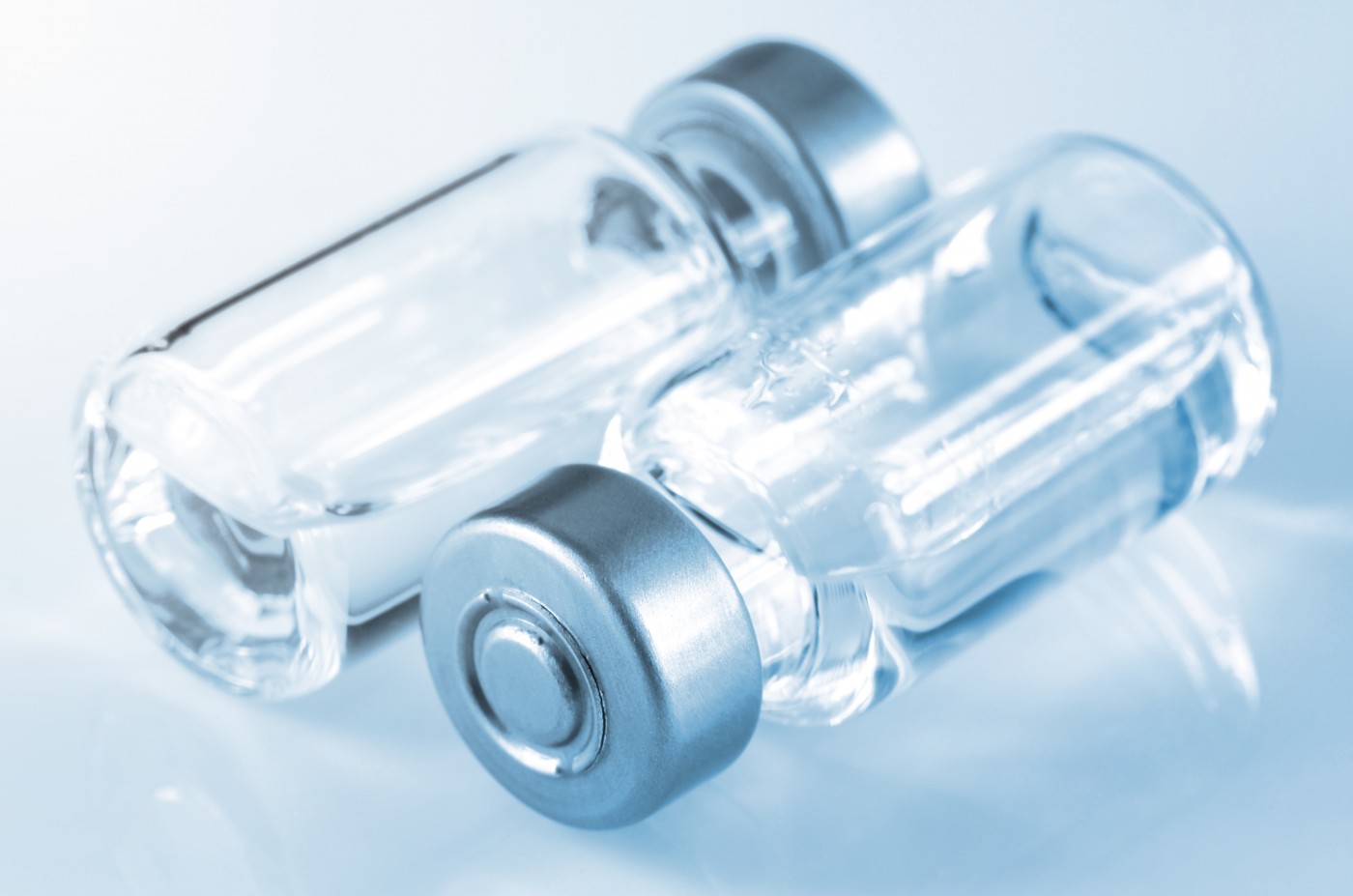Potential Remyelination Therapy for MS, NDC-1308, Advancing in Preclinical Studies
Written by |

 As Multiple Sclerosis News Today reported in mid-July, Endece Neural was issued an additional U.S. patent for its lead investigational product, NDC-1308. The drug is under development to repair the myelin sheath damaged in multiple sclerosis (MS), a major causing disease progression and increasing disability.
As Multiple Sclerosis News Today reported in mid-July, Endece Neural was issued an additional U.S. patent for its lead investigational product, NDC-1308. The drug is under development to repair the myelin sheath damaged in multiple sclerosis (MS), a major causing disease progression and increasing disability.
The sheath, an insulating envelope of myelin (a white, fatty material, composed chiefly of lipids and lipoproteins) that surrounds the core of axons (nerve fibers), functions as an electrical insulator and enables signals to be efficiently and cleanly transmitted from the nervous system to the rest of the body. Demyelinization of axons causes a short circuit-like interference in communication between the brain, spinal cord, and other parts of body.
Development of NDC-1308, currently in the late preclinical testing stage, is partly supported by a research grant from the National Multiple Sclerosis Society. Next steps toward bringing NDC-1308 to the market will be completion of an Investigational New Drug (IND) application with the U.S. Food and Drug Administration (FDA) to enable further preclinical studies to assess the drug’s safety and dosing levels. The IND stage involves extensive animal and laboratory testing of a drug candidate to generate information regarding potential dosing and toxicity. Once the IND application is cleared, the drug candidate will typically enter a Phase 1 clinical trial on human subjects.
Endece (New Drug Concepts, or “NDC”; get it?) reports that its validation studies have reproducibly demonstrated remyelination induction in mouse models of MS, in which the neurotoxicant cuprizone was used to remove myelin sheaths from the axons of mice. A small molecule that readily crosses the blood-brain barrier, allowing it to reach brain and spinal cord tissues where promotion of myelin sheath repair is needed, NDC-1308 is a novel, proprietary, chemical entity (an analog of a form of estrogen, the female sex hormone estradiol, engineered to induce remyelination while losing the estrogenic characteristics of estradiol). In animal models, it has been seen to induce the remyelination of demyelinated nerves by stimulating dramatic upregulation of genes in signaling pathways leading to myelin sheath production.
By inducing oligodendrocyte progenitor cells (OPCs) — precursors of myelin — to mature into oligodendrocytes (cells that synthesize and maintain myelin sheathing), Endece said in the press release announcing the additional patent that NDC-1308 appears to induce restoration and repair of myelin.
Endece developed NDC-1308 and owns the intellectual property pertaining to the compound. The newly issued US patent, No. 9,364,486 and titled, “6-Substituted Estradiol Derivatives for Use in Remyelination of Nerve Axons,” specifically covers use of NDC-1308 to induce remyelination of demyelinated axons in the brain and spinal cord. The additional patent protection strengthens Endece’s intellectual property and clinical development programs for NDC-1308 and other potential therapies to treat MS and other degenerative diseases.
The company has also been granted patents in Europe, Canada, Australia, China, and Singapore covering NDC-1308 as a remyelination-inducing agent, and been been issued Composition of Matter and Use patents in the U.S. and in major international markets.
Endece reports that a manufacturing process for production of NDC-1308’s active pharmaceutical ingredient (API) has been developed in compliance with good manufacturing practices (GMP), and that the company has developed a stable NDC-1308 formulation that delivers the drug to the brain and spinal cord.
 “In addition to strengthening Endece’s intellectual property portfolio, this additional patent bolsters our position that remyelination is possible in patients with MS, and will help advance the clinical development programs for NDC-1308 and other potential treatments for neurodegenerative diseases,” commented James Yarger, PhD, chief executive officer of Endece, in the press release. “In preclinical models, NDC-1308 readily crosses the blood-brain barrier and induces oligodendrocyte progenitor cells to differentiate into mature oligodendrocytes, which then synthesize and maintain the protective myelin sheath.”
“In addition to strengthening Endece’s intellectual property portfolio, this additional patent bolsters our position that remyelination is possible in patients with MS, and will help advance the clinical development programs for NDC-1308 and other potential treatments for neurodegenerative diseases,” commented James Yarger, PhD, chief executive officer of Endece, in the press release. “In preclinical models, NDC-1308 readily crosses the blood-brain barrier and induces oligodendrocyte progenitor cells to differentiate into mature oligodendrocytes, which then synthesize and maintain the protective myelin sheath.”


